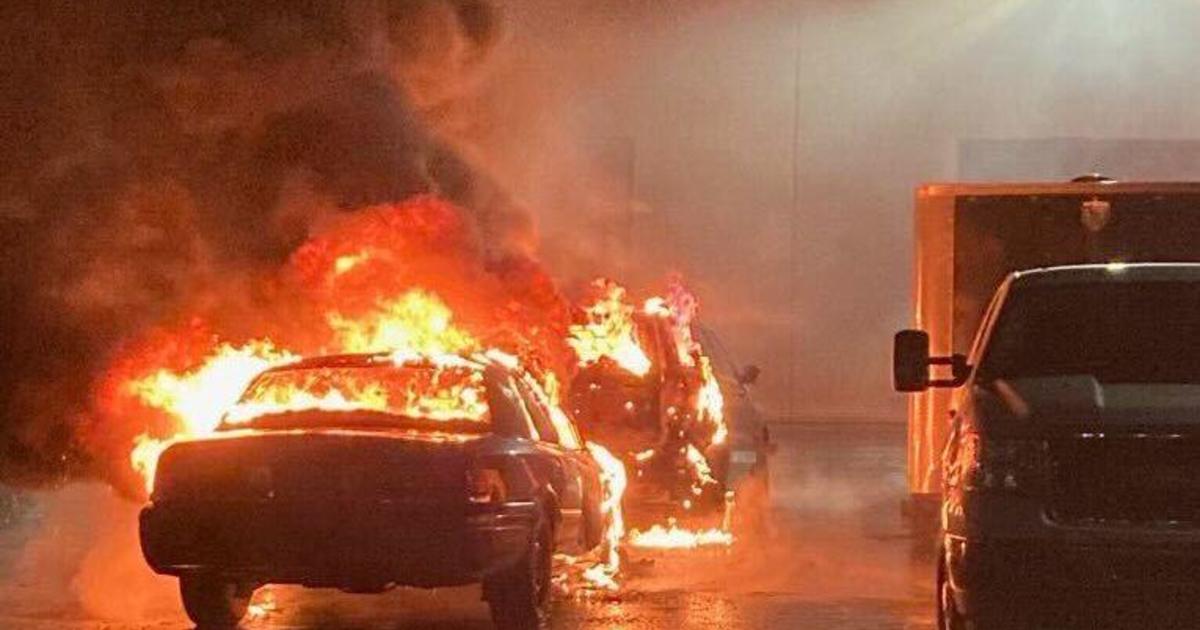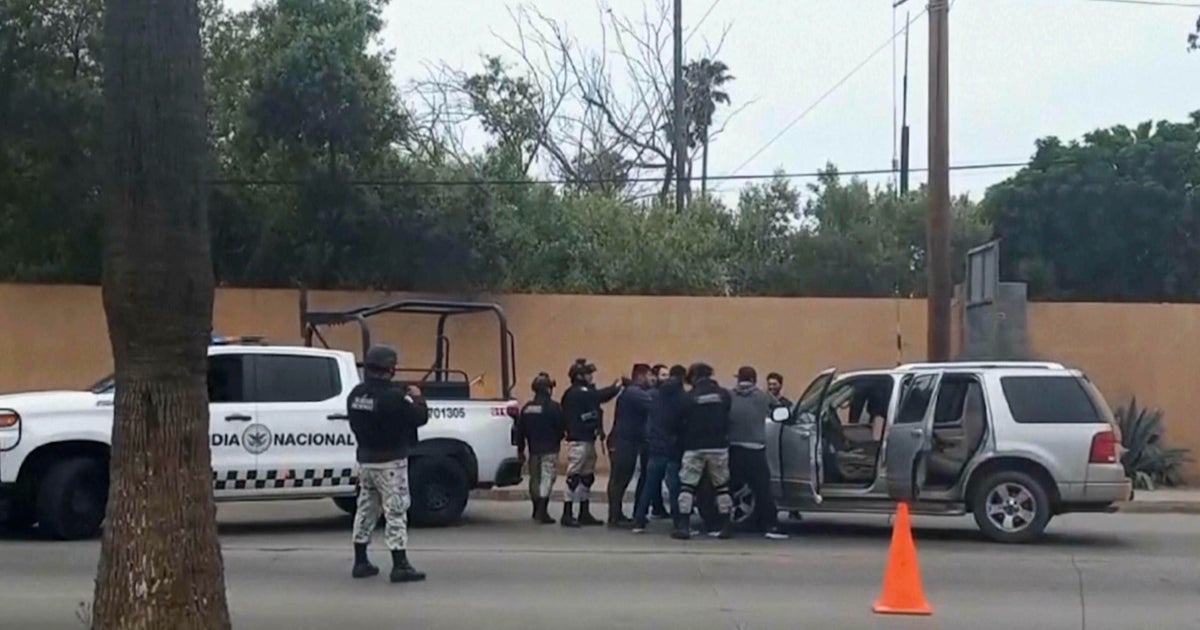Neil deGrasse Tyson faces backlash for controversial tweet about recent mass shootings
Astrophysicist Neil deGrasse Tyson is facing criticism for a tweet comparing the number of people killed in two mass shootings this weekend to those who died in other ways during the same amount of time. Some perceived the tweet as insensitive, as at least 29 people were left dead and dozens injured in the wake of the tragedies.
"In the past 48hrs, the USA horrifically lost 34 people to mass shootings," Tyson wrote Sunday afternoon. He then compared the "average" number of people who die in other ways across "any 48hrs."
"On average, across any 48hrs, we also lose… 500 to Medical errors, 300 to the Flu, 250 to Suicide, 200 to Car Accidents, 40 to Homicide via Handgun," he reasoned. "Often our emotions respond more to spectacle than to data."
The tweet has faced a barrage of criticism, for the last line, in particular. "Cold take, Neil. 200+ Americans died from gun violence in the past 48 hours," wrote Shannon Watts, founder of the gun control advocacy group Moms Demand Action. "You list causes of death that are researched, regulated and also happen in other high income countries. Our gun violence crisis is preventable and senseless and driven by a special interest."
"Imagine going to the store or a bar and getting shot at or killed or having a loved one shot at or killed and a supposed genius tells 13 million people it's all just a spectacle," criticized journalist Rich Eisen."Because, really, statistically, it's not all that bad compared to other ways you could suddenly die."
Television showrunner Matthew Federman also weighed in on twitter, "[A funeral] *sounds of weeping* Neil deGrasse Tyson: Actually, over 100 people die worldwide every hour. So in proportional terms."
The official twitter account of the band "Smash Mouth" also responded in an expletive-laced tweet,"F--- OFF!!!! There's your data!!!!"
The country experienced a wave of violence this weekend, with mass shootings in El Paso, Texas and Dayton, Ohio within 24 hours of each other.
Twenty people were killed and dozens were injured in a shooting near shopping mall in El Paso on Saturday. The white male suspect has been identified as Patrick Crusius. He was taken into custody without incident. Then, early Sunday a gunman wearing body armor opened fire in a popular nightlife district in Dayton, Ohio, killing nine and injuring 27 others, before he was killed by police, authorities said.
The number of mass shootings across the U.S. so far in 2019 has outpaced the number of days this year, according to a gun violence research group. This puts 2019 on pace to be the first year since 2016 with an average of more than one mass shooting a day.
Tyson, the head of the Hayden Planetarium at New York's American Museum of Natural History, also faced controversy late last year after accusations of alleged sexual misconduct. He responded to the allegations in a December Facebook post in which he denied acting wrongly.
Tyson did not respond to CBS News' request for comment regarding the tweet.
Of the statistics listed by Tyson, many are considered public health issues and tracked by the Centers for Disease Control and Prevention, including deaths and injuries from gun violence. A panel of seven doctors who spoke with Dr. Jon LaPook on "CBS This Morning" said that, if there was ever a time for preventive medicine to reduce gun violence deaths, it's now.
"The only thing worse than a death is a death that can be prevented," said Dr. Ronnie Stewart. "And to go and talk to the mom of a child who was normal at breakfast and now is not here, is the worst possible thing. And honestly, it drives us to address this problem."
Last winter, more than 40 medical organizations, who normally operate separately, joined forces to address the 40,000 firearm-related deaths that occur each year.
This public health approach is not new: in the 1950s, doctors worked with the auto industry to help make cars and roads safer. In the '60 and '70s, they spoke out against the dangers of tobacco; and in the '80s and '90s, to combat HIV and AIDS, they promoted safe sex and research.




